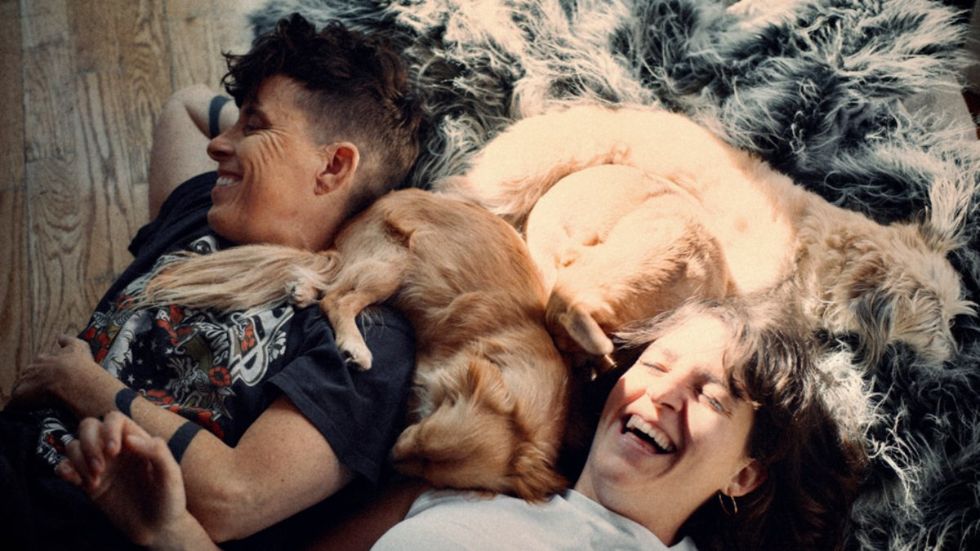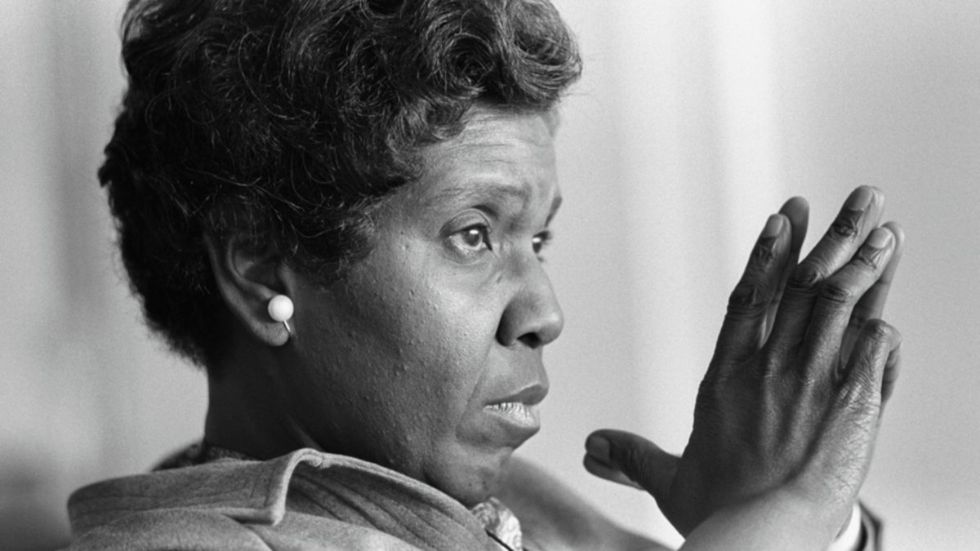I was first introduced to the cinematic language of Tyler Cornack with his debut film, Butt Boy — a title that was both wholly accurate and yet deeply misleading. It’s the story of a man who, during a routine exam, discovers the pleasures of inserting objects into his anus. His obsession grows to engulf his life, and many, many other things — both animate and inanimate — and leads to having a police officer on his tail.
It sounds like simple gross-out humor conceptually, but both its deadpan delivery and absolute sense of commitment elevate the film. It’s absurdist, base, darkly hilarious, and wildly entertaining. Butt Boy is a hidden gem with depths that call out to be plumbed by the right audience. It also serves as a great primer for Cornack’s follow-up, the new anthology Tiny Cinema (available now on all major digital platforms).
Tiny Cinema takes its name from Cornack’s sketch comedy group, of which his co-writers and producers Ryan Koch and William Morean are also members. Together they cooked up a worthy followup to Butt Boy that takes what that film delivered to new levels of transgression and tongue-in-cheek subversive humor. It’s truly queer in every sense of the word.
The film is essentially The Twilight Zone processed through the twisted and irreverent minds of its creators, complete with a host, played charmingly by Paul Ford, who guides viewers through six vignettes. PRIDE sat down with Cornack to talk about the film’s inspirations, the pleasure of discomfort, and how the human anus has become, albeit unintentionally, part of his brand.
I’m such a huge fan of Butt Boy. I take great pleasure in recommending it to people, and now I get to do that again with Tiny Cinema.
It makes me very happy to hear that.
I think what I learned watching this film is that I’m understanding your lane as a filmmaker. I appreciate the subversiveness and the humor and the boundary-pushing. You make jokes that people would assume to be base or gross-out humor, but you do it with such a straight face, that it is almost like elevated, gross-out humor.
That’s exactly what we’re trying to get. It’s like gross-out – I would even say stupid — gross-out humor, but you can tell the person telling it might not be stupid... maybe.
I think we need to get the elephant out of the room: Between Butt Boy and this film, as a filmmaker, you have a bit of an anal fixation. What is it about the human anus that you find so inspiring?
I don’t know. I don’t even know if I really do. You know, this kind of came about like... Butt Boy came about in a weird way. And [Tiny Cinema]’s the same; these have the same origin, both these movies, it’s from our comedy sketch group. And they’re both based on sketches. Butt Boy was just one of the hundreds of sketches, but we just thought it would be funny if it was turned into a movie. I guess I do have a butt thing.
I mean, butts are funny, let’s be honest.
Yeah they are, they are. I didn’t expect it to become, you know, a part of life like this. But here I am.
Your films thrive in this place that I like, which is discomfort. They push the audience a little bit. What is it that you hope the audience experiences when they go and see a Tiny Cinema film?
I want them to laugh first and foremost, and then feel pretty uncomfortable in a way that they maybe haven’t before in an anthology movie. That’s the hope. And I think that we achieved that.
I think we want people to have fun in it as well. We wanted to not take it too seriously, because we didn’t take it too seriously. We just wanted to create these little stories and run crazy... This was sort of an exercise in let’s just be funny and play in genre and just have a blast with it.

As you’re saying it, there’s way more design in it than I remembered. Because everything you just said was discussed beforehand.
Everything you just said was brought up. So it was a conscious [thought] beforehand. We just... weren’t specific, like, you know, if there’s something in the background, that means something, you know what I mean? We didn't go Kubrick with it. Those themes were there for sure.
Your films both live in such an uncanny valley, do you see them existing in the same universe?
Oh, we talked about that a little bit. I think at one point it did. But now I don’t know. I like to think that Butt Boy is a little bit more human and grounded. But I will give you a little tiny Easter egg. When we’re sitting at the bar, with the friends and they’re talking about the story, about how he can’t [come]. Detective Fox from Butt Boy is there just for a second in the background. You’ll see him... we wanted it to be sort of like “What? What the fuck? How’s that work?” And not fully explain it.
Tiny Cinema is available now for rental and purchase on all the major digital platforms. Watch PRIDE’s full interview with Tyler Cornack below.
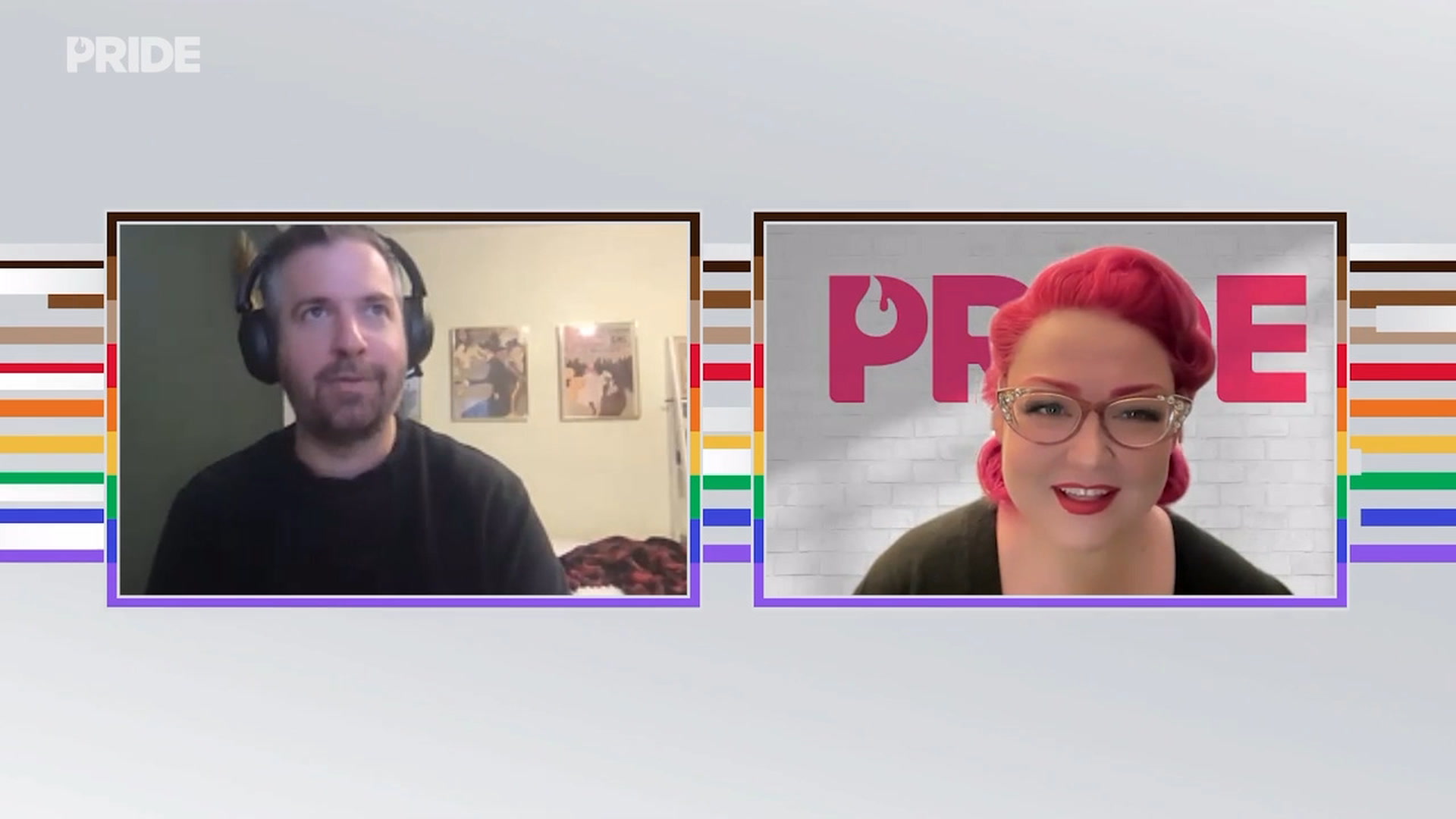
RELATED | First-Look of Jamie Clayton as Pinhead in Hulu’s Hellraiser






































































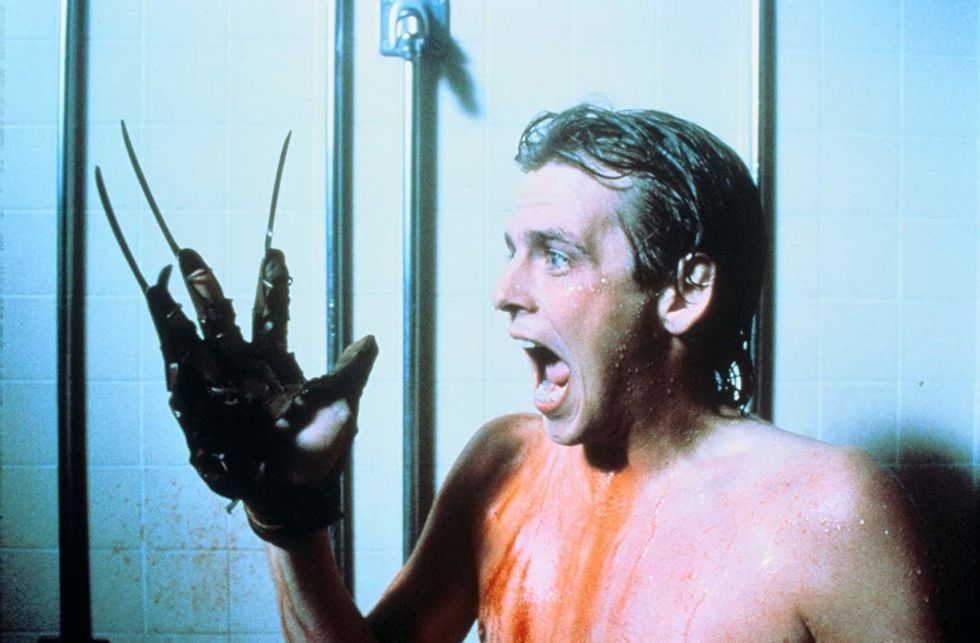
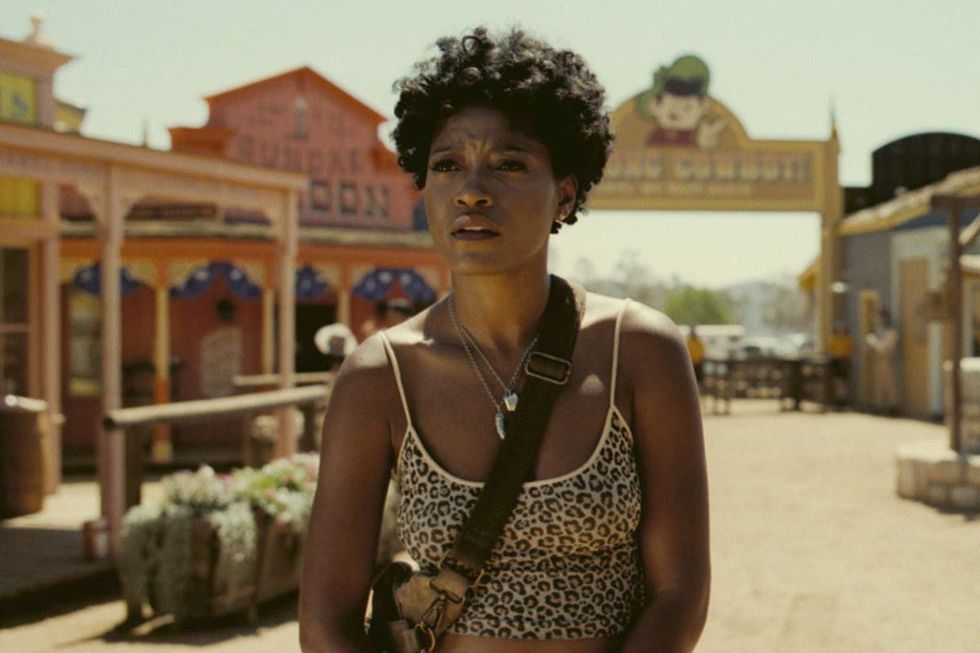
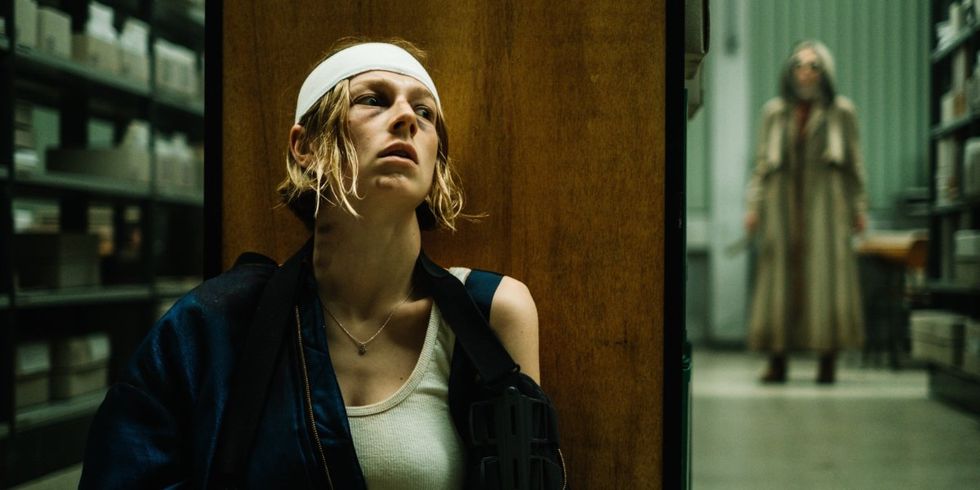
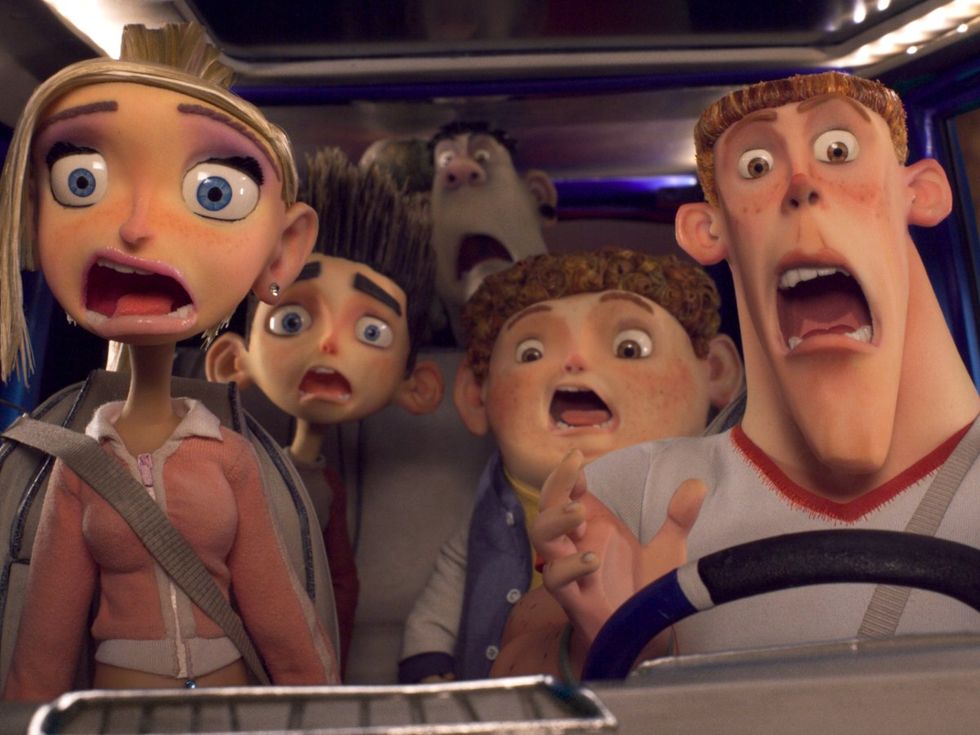
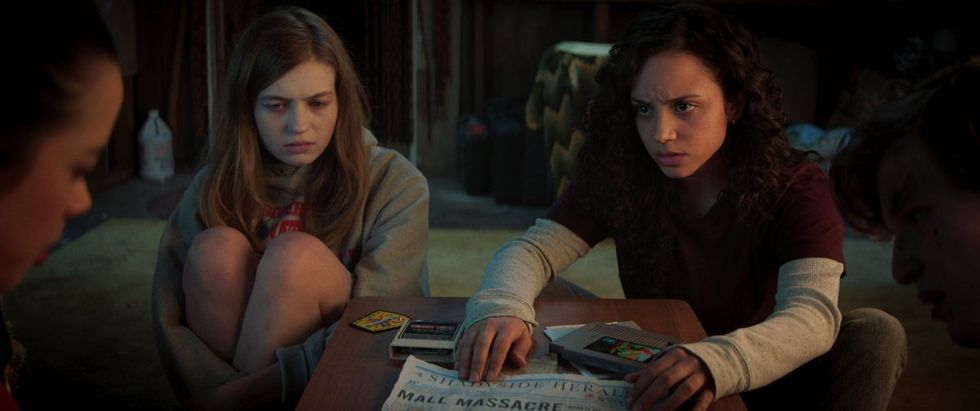
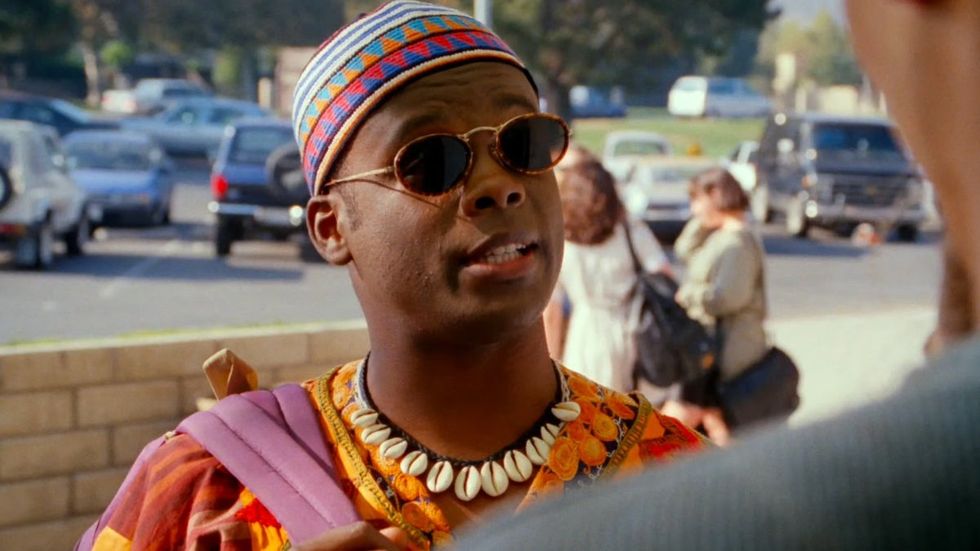
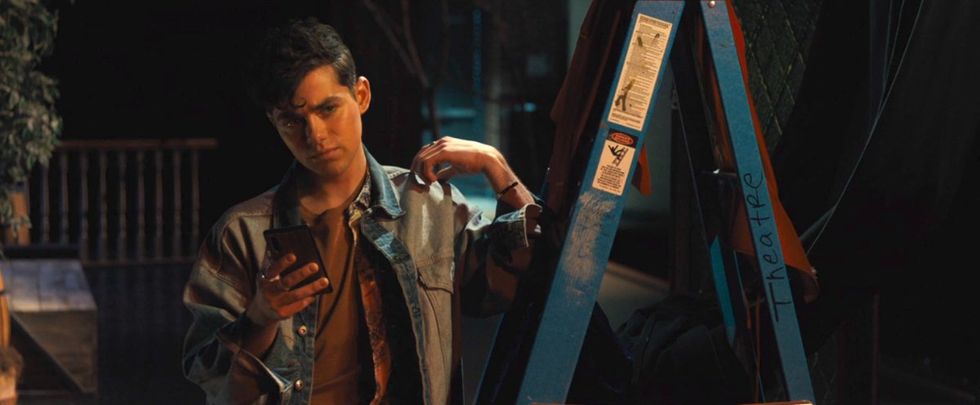
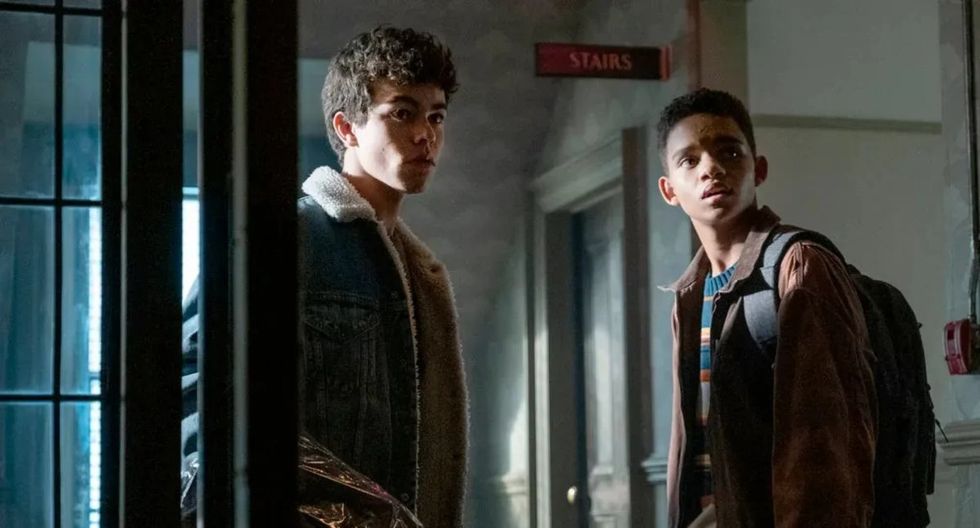

 7 LGBTQ+ films we can't wait to see at Tribeca Film Festival 2025Courtesy of Tribeca Film Festival
7 LGBTQ+ films we can't wait to see at Tribeca Film Festival 2025Courtesy of Tribeca Film Festival 


